Migration and Banking - The battle to bank Australia’s new arrivals
Here at RFI, were always looking to ensure we can provide our clients with the latest. Most relevant data on growth opportunities.
One thing that has recently caught our attention is the outlook for new arrivals to Australia. We last did a study dedicated to new arrivals in 2017, so we’ve decided to do an update in 2023 to get a handle on how the market has moved.
On a personal note, as a (not recent) arrival in Australia from the UK this has always been a topic particularly close to my heart.
Why revisit our 2017 study?
It’s obviously important for banks to understand where tomorrow’s customer is going to come from and what they’re going to be looking for when it comes to products and services. We know from the data we collect that in FY23, there were approximately 3.6m new transaction accounts opened in Australia. We also know from latest Treasury Intergenerational Report that Net Overseas Migration (NOM) in FY23 was 1.5m people, representing a massive 75% of the increase in the total population in that 12-month period.
You don’t ne ed to be a statistician to work out that these new arrivals are key to growth for our nation’s banks.

Banks need to be casting their nets outside of Australia
In 2017 we conducted a study of 500 prospective arrivals from China, the UK, India and New Zealand who expected to move to Australia within 12 months, and 1,000 people that had arrived in Australia in the five years prior.
One of the key findings of the report demonstrated that if banks are to succeed in attracting new arrivals, then they must be focused on raising their brand awareness outside of Australia. In fact, when we asked prospective arrivals whether they had already considered their Australian banking requirements, two thirds of those coming here for work, said that they had.
Further, approximately 80% of those prospective workers from China and India had already considered their banking in Australia. A statistic that is stark contrast to the same groups arriving from New Zealand, where just 41% had already considered their banking – perhaps reflecting the cross-Tasman banking groups that operate and a perception that it will be easier to arrange upon arrival.

The question for banks is how to engage these individuals before they arrive? Clearly in the era of social media and online algorithms, there is a lot that can be done to insert a brand into a research experience. But what information would it be useful to hang the brand around in order to add value. The survey responses tell us the answer.
Prospective arrivals are looking for information on:
- Visa requirements (63%)
- Cost of living (63%)
- Health insurance (60%)
- Where to live (52%)
- Finding a job (46%)
- Utilities providers (46%)
- Transport information (46%)
- Shipping information (37%), and
- Schooling information (37%)
There is ample opportunity to add value across these areas.
Being first is incredibly important
But does it really matter if you aren’t the bank that provides the first bank account upon an individual’s arrival? The short answer is “YES”!
I say that because when we asked recent arrivals (those that had been here up to 5 years) whether they had ever changed their main banking provider since arriving in Australia, 80% said that they had never switched. It really helps to be the first banking provider – if you care about 4 in 5 customers.
From a banking perspective, the benefit of being the first is not just about building a relationship domestically that is subservient to existing overseas arrangements. In just the first year of arriving in Australia, almost one in three arrivals (29%) is relying solely on their Australian bank for all their banking needs and a further 29% is largely reliant on their Australian bank for their banking needs.
By year five, these % have increased to 52% who are solely reliant on their Australian bank for all their banking needs and a further 35% is ‘largely’ reliant on their Australian bank for their banking needs. By year five, just 13% have any overseas banking relationships.

Looking forward to our 2023 study
To say that a lot has changed since 2017 is an enormous understatement. Australia has shut its borders and re-opened them to overseas migration and as the Treasury’s Intergenerational Report states, over the next 30 years, Net Overseas Migration will account for an average of 69% of all annual growth in the population.
If you still aren’t convinced that new arrivals are an interesting segment, then consider their banking requirements relative to the average Australian. According to our Mar-23 data covering more than 32,000 consumers, those that arrived in Australia in the last five years are significantly more likely to take out almost every banking product than those born in Australia. For example, 27% will be looking for a credit card and 20% for a savings account, compared to 9% and 8% of Australian-born consumers respectively.

Looking ahead
In our 2023 study, we’re going to explore how brand awareness and expectations have changed in the last six years and what products and services today’s arrivals will be looking for. We’ll investigate the best way to find and engage these individuals and the most effective ways to win the battle to bank Australia’s new arrivals.
If you’d be interested to know more about our 2023 study, please contact Duane Ibanez dibanez@rfi.global
Get in touch for more insights.
Subscribe to get the latest RFI data and insights.
About the Author
Alan Shields is the co-founder and a director at RFI Global, he oversees the design, roll-out and delivery of syndication and custom products to RFI Global’s clients globally. Alan has more than 20 years’ experience in research analysis and has spent his entire career focused on financial services across the globe including Europe, North America, the Middle East and Asia Pacific.
He has worked on syndicated and bespoke projects with every bank in Australia and New Zealand, with most major banks in the Asia Pacific region, as well as the major global banks. Prior to setting up RFI Global in 2006, Alan was Head of Financial Services – Asia Pacific at global research firm, Datamonitor, establishing Datamonitor’s financial services business in the Asia Pacific region in 2004, after relocating to Sydney from London. Alan began his career with Reuters in London as a financial services consultant, where he worked on the Nasdaq Europe project before moving to Singapore and focusing on wealth and risk management in the region. He is a regular speaker at thought leadership events across the US, Canada, Europe, Asia and Australia and authors regular articles on the latest global consumer banking trends.
He has a Bachelor of Science Degree in Physics from the University of Birmingham and studied his License de Physique at the Universite de Bordeaux I.






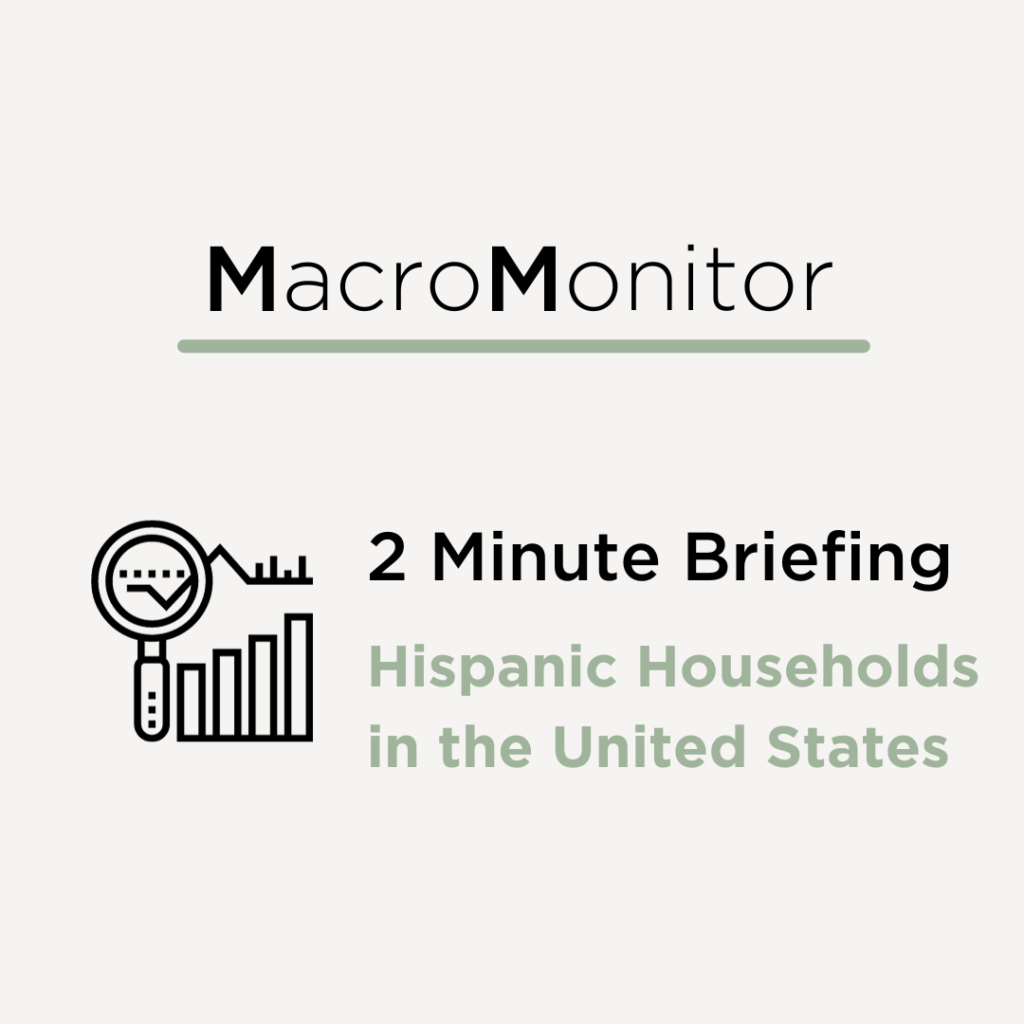








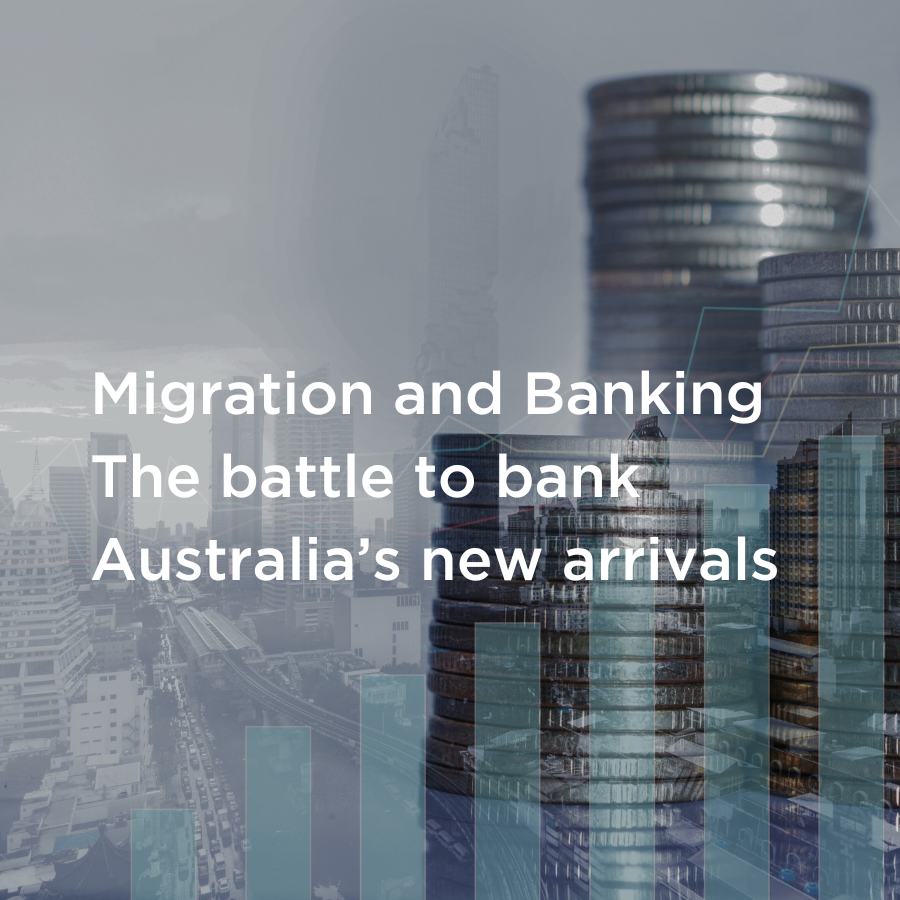




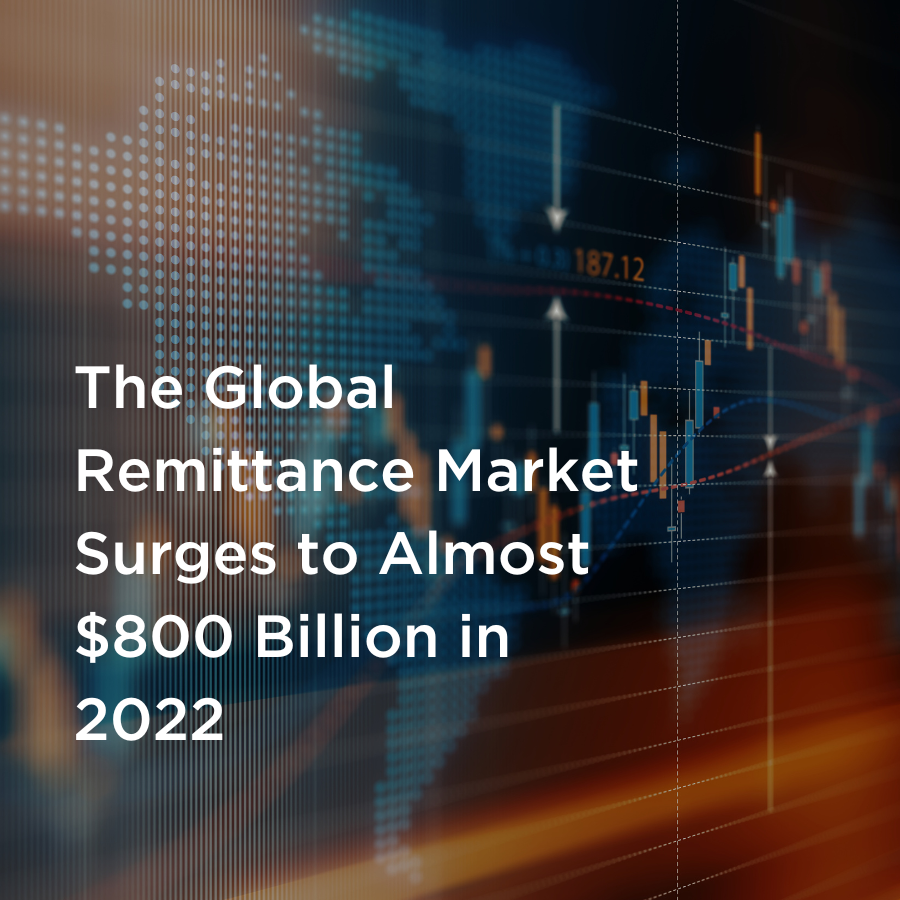





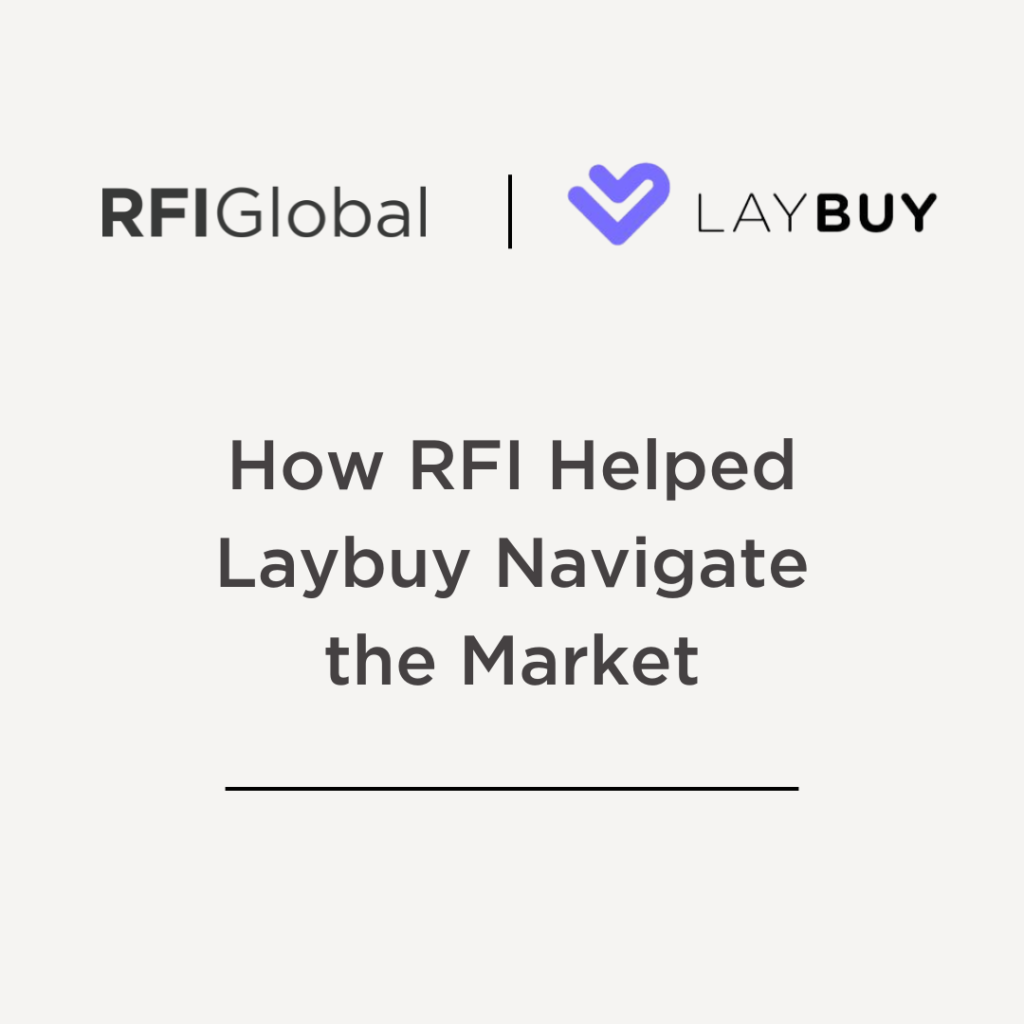
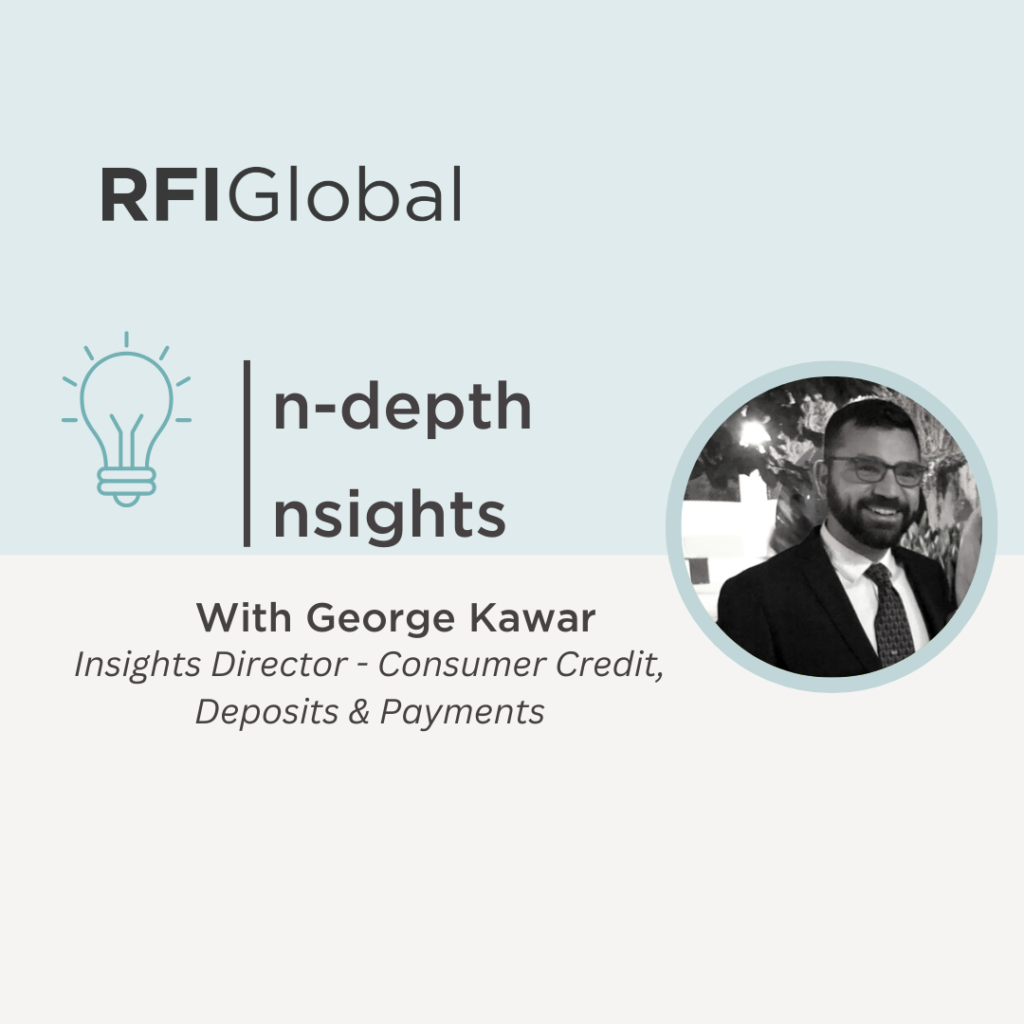


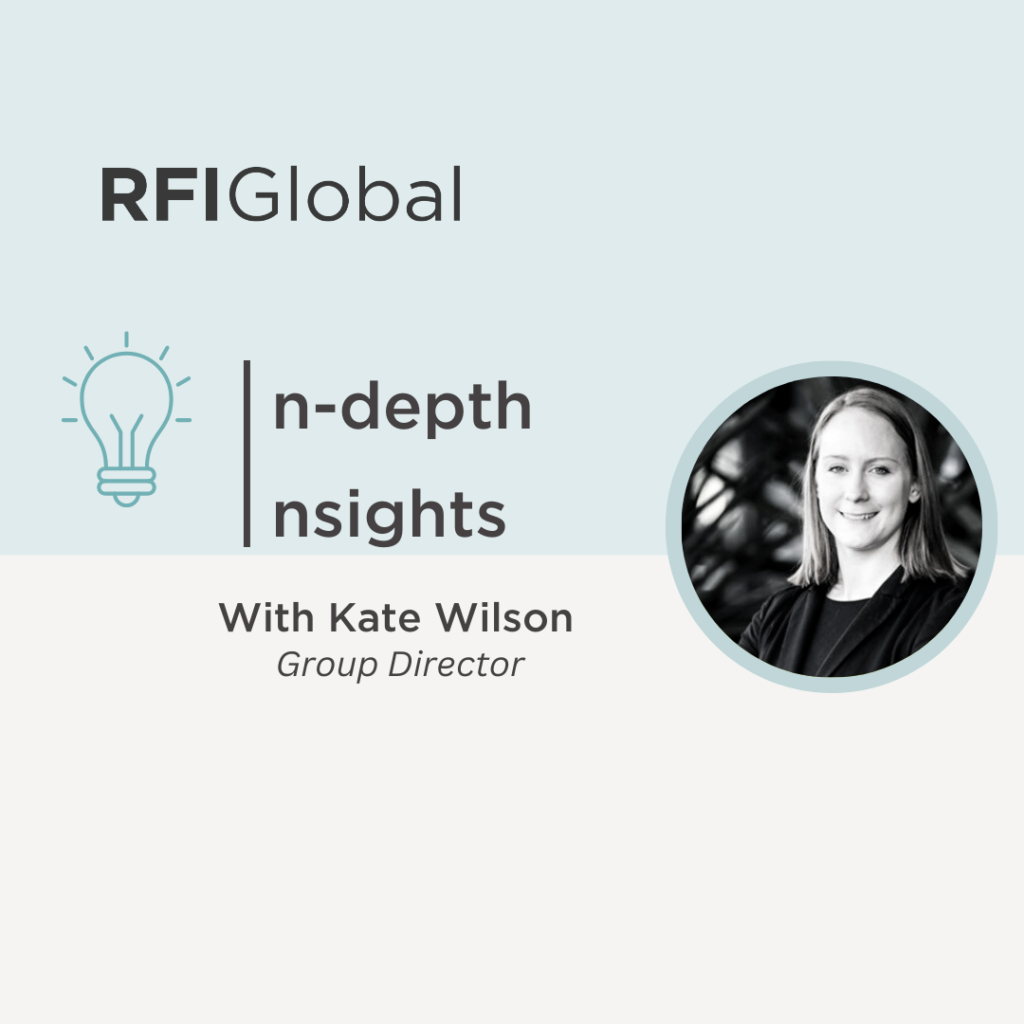

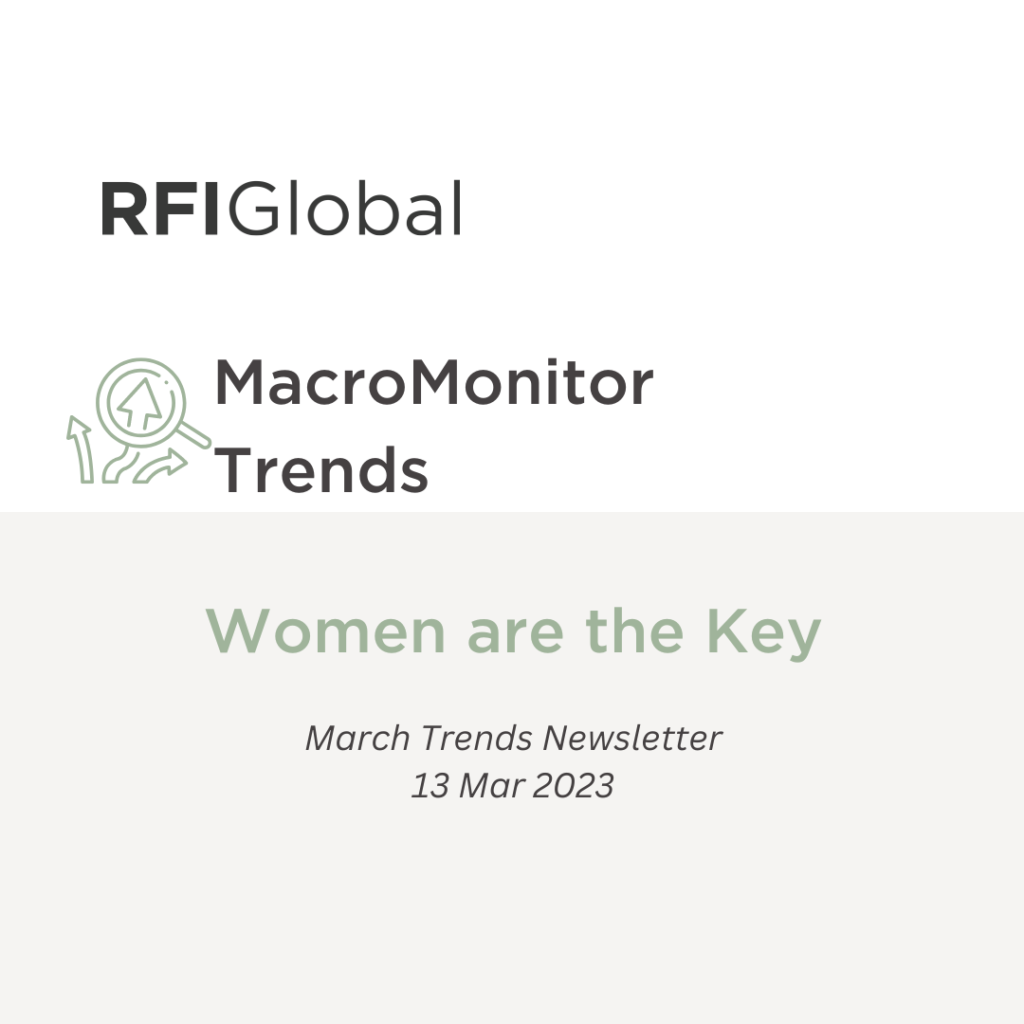

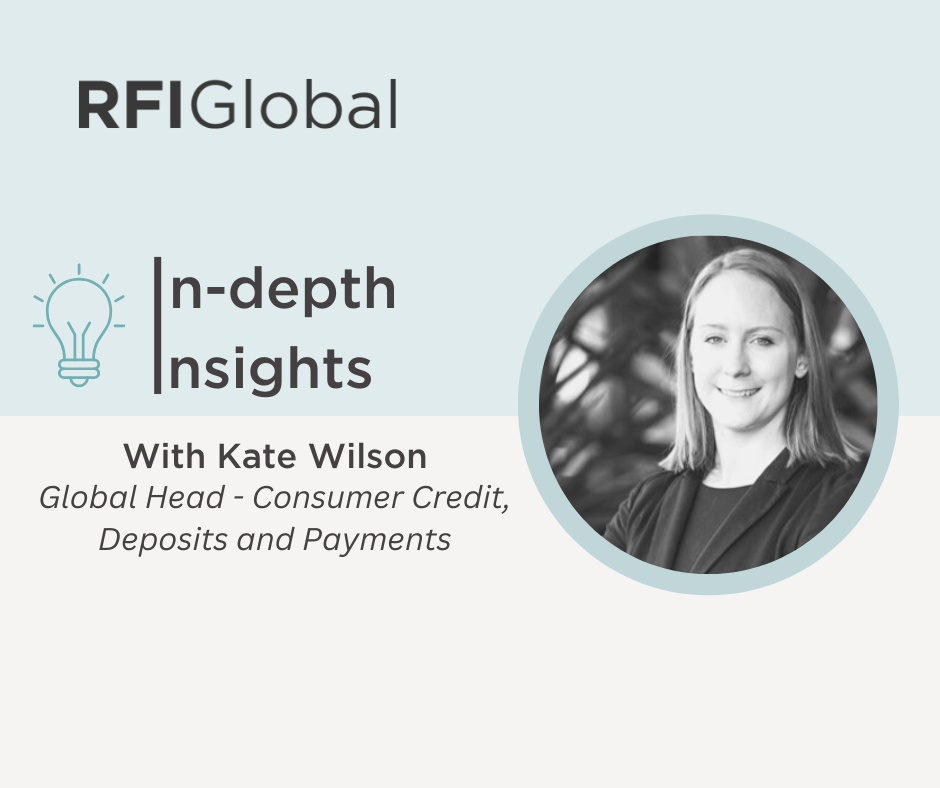
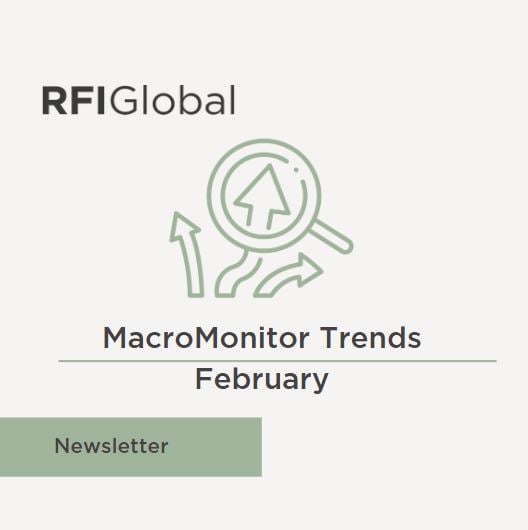


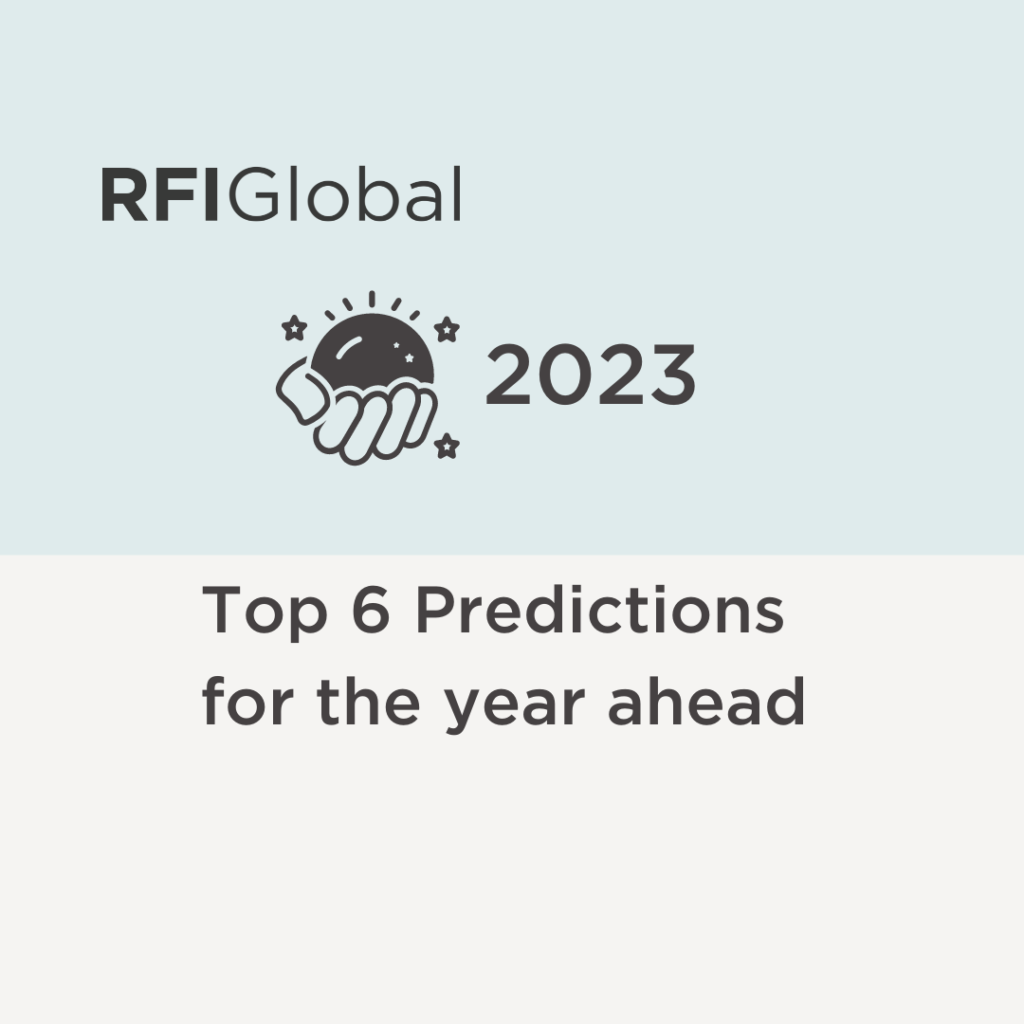
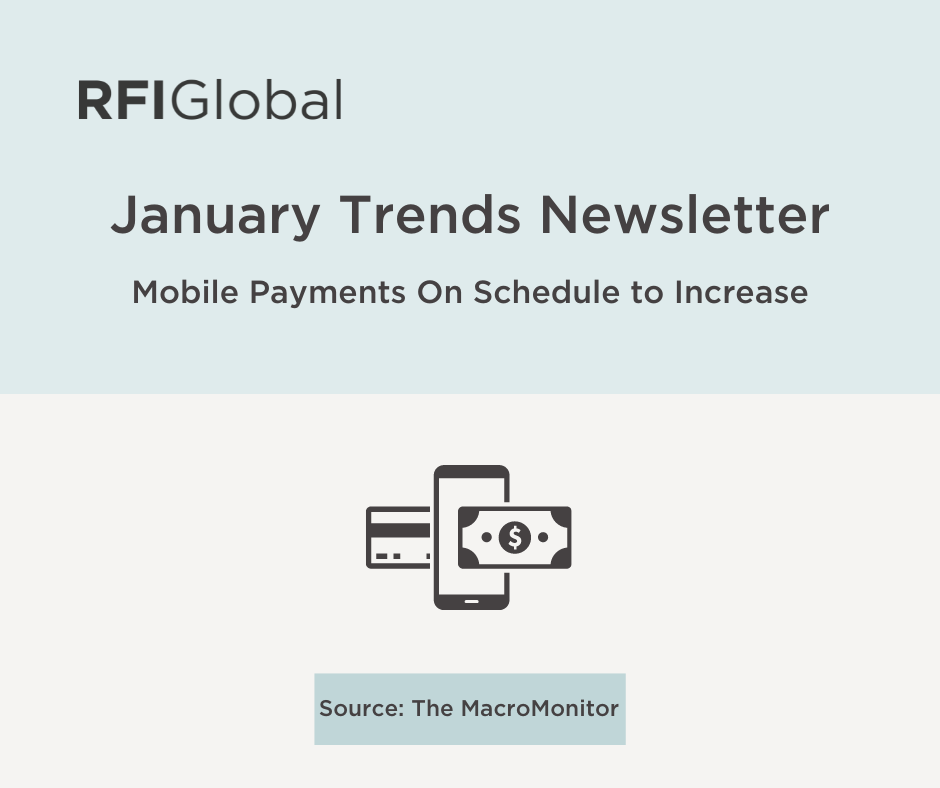















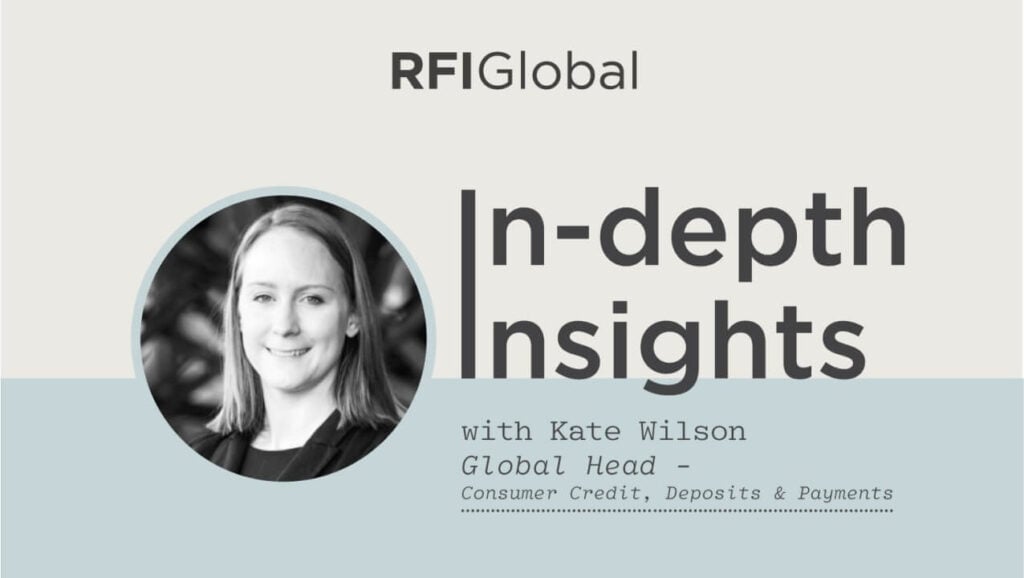










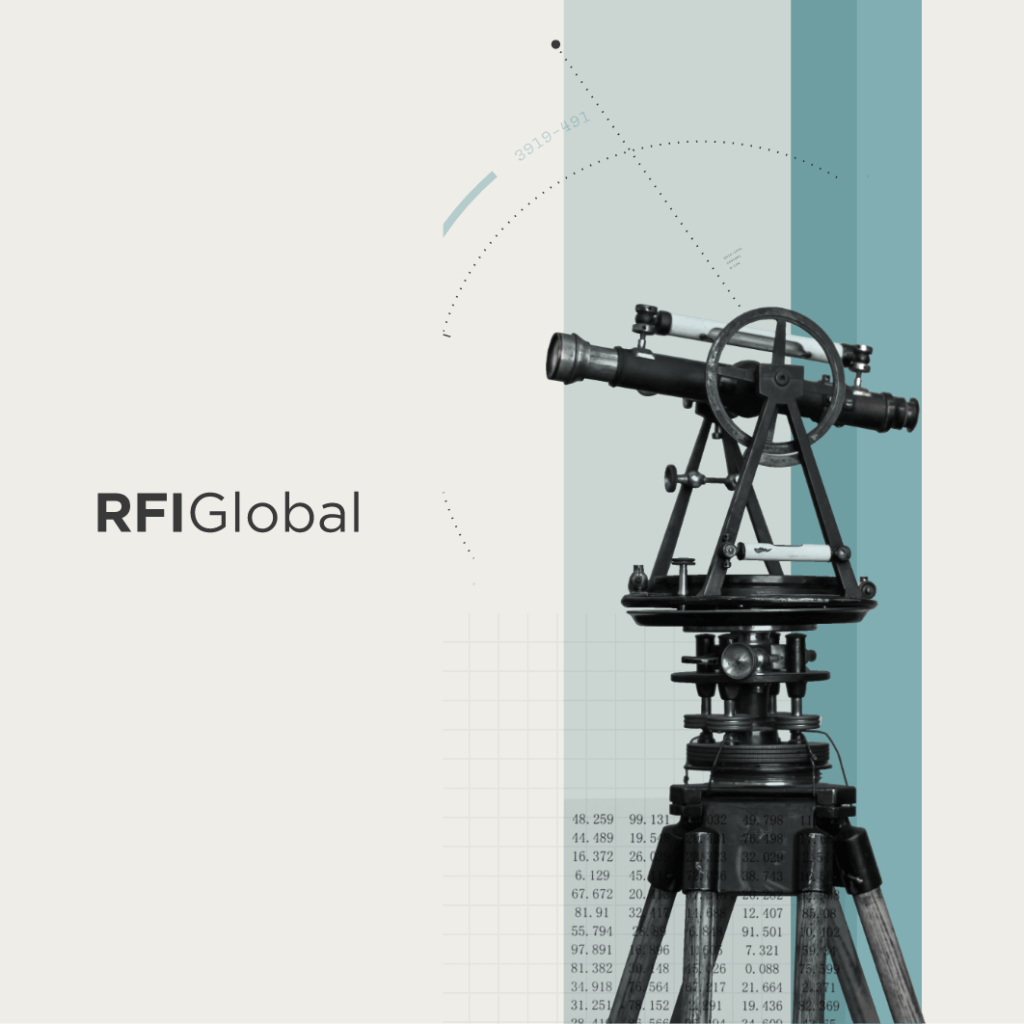


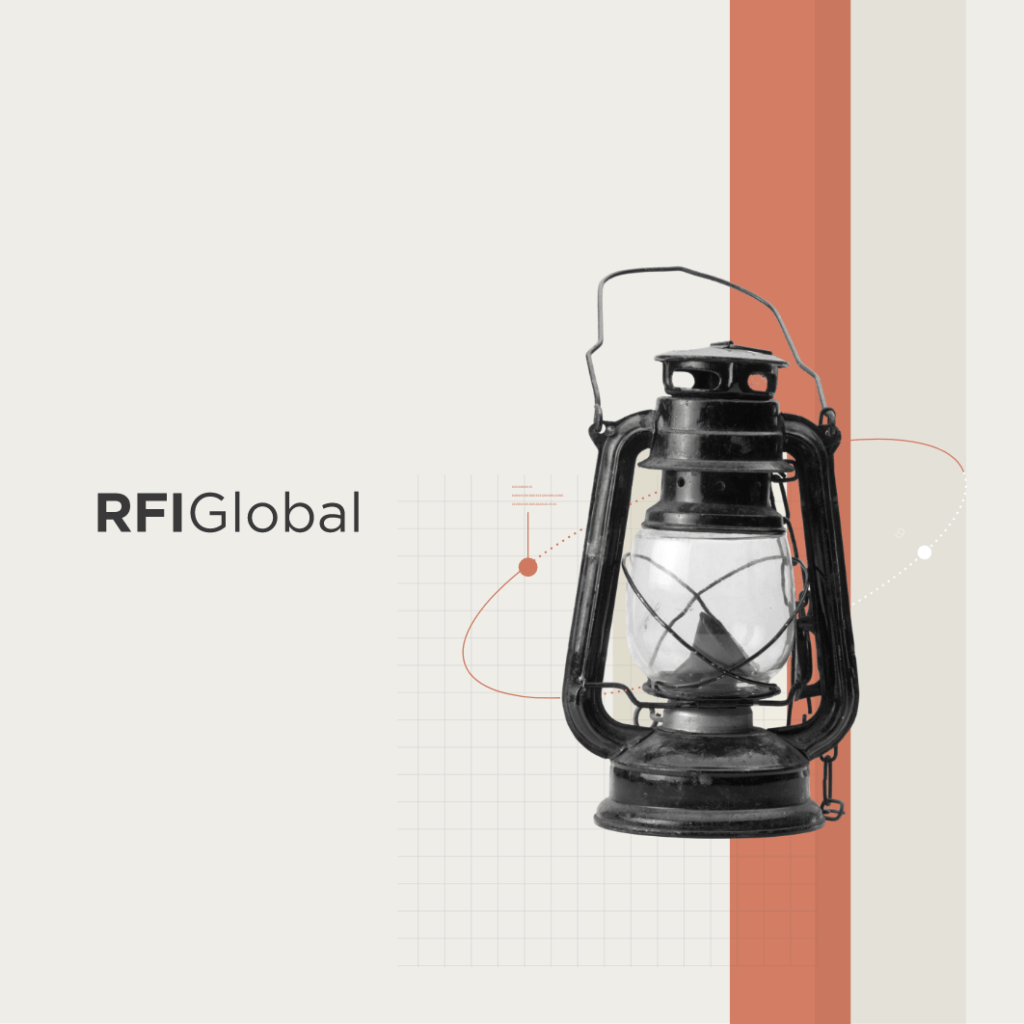
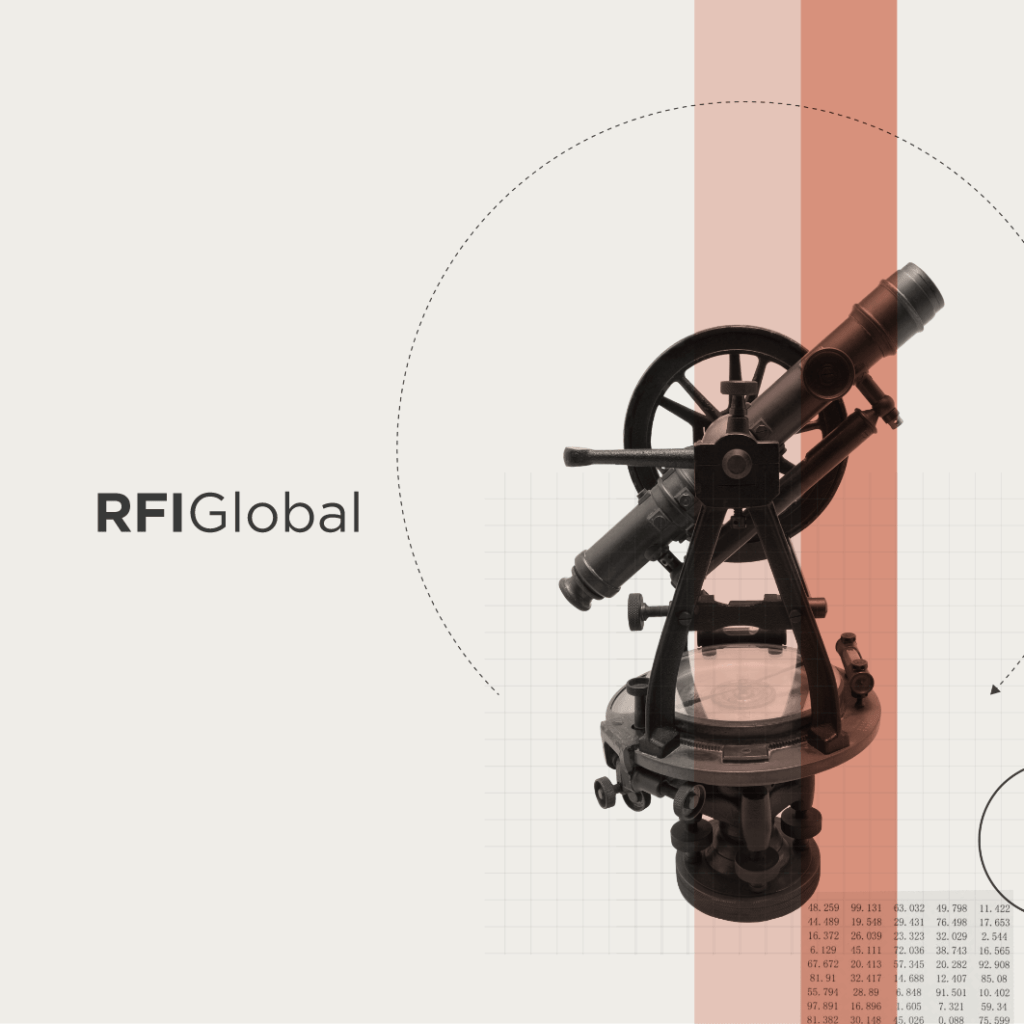
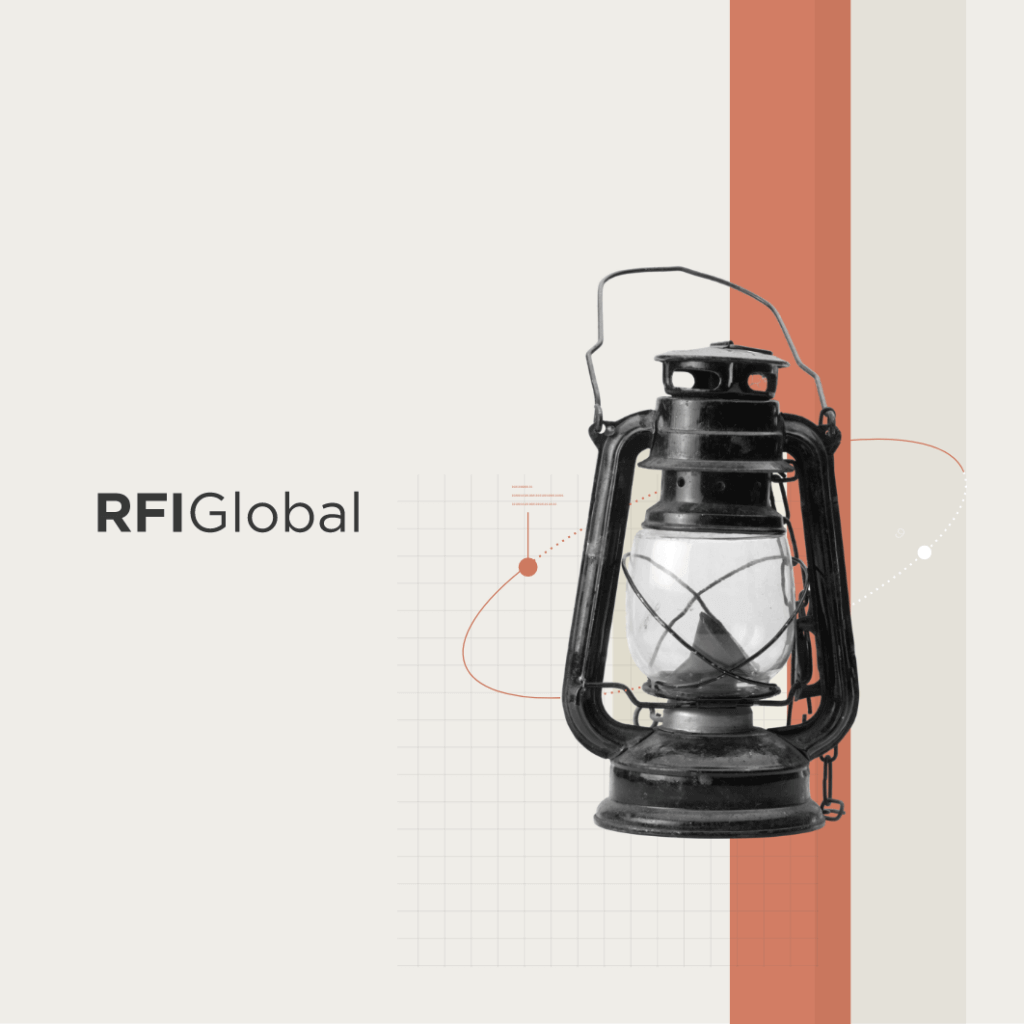
/NQA-ISO-27001-Logo-UKAS.jpg)